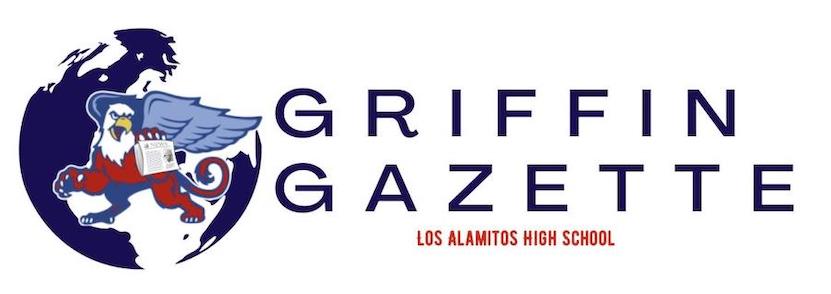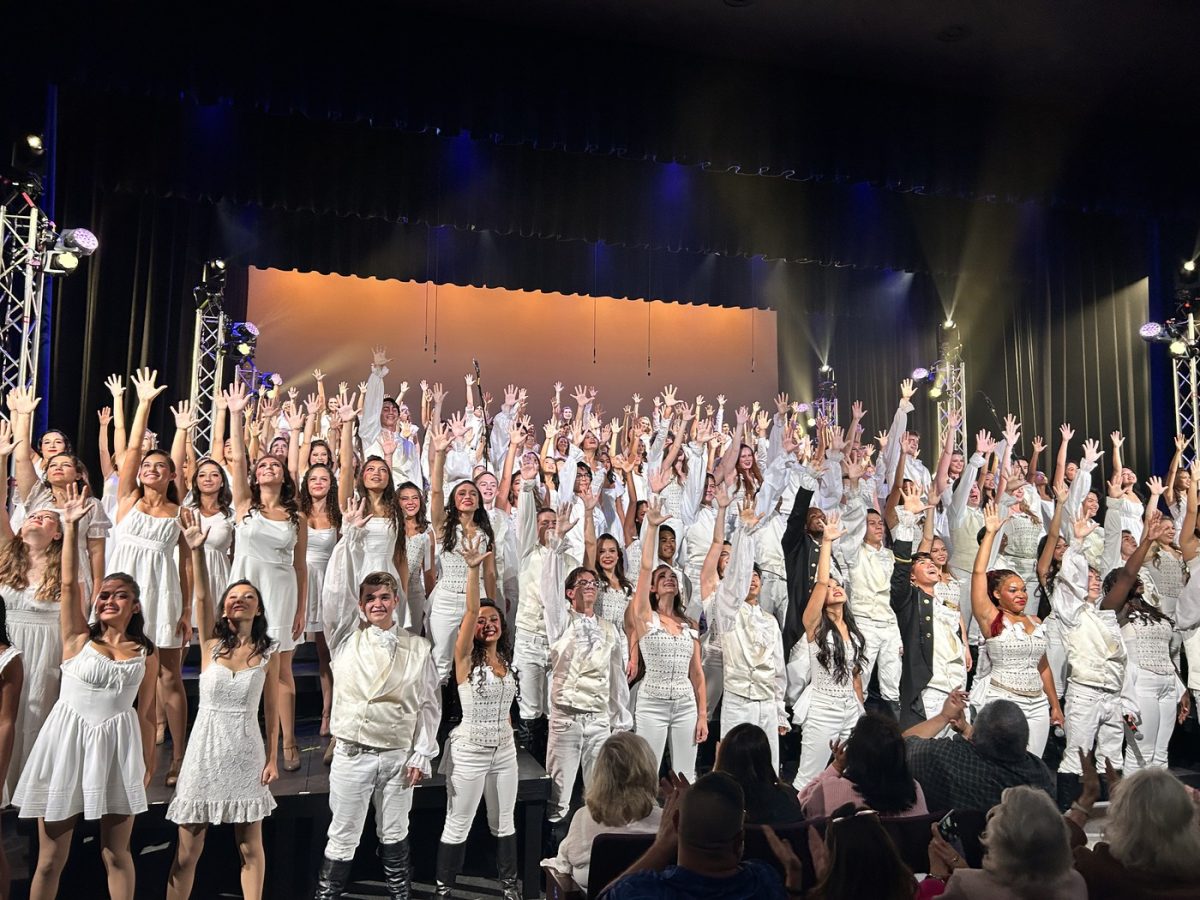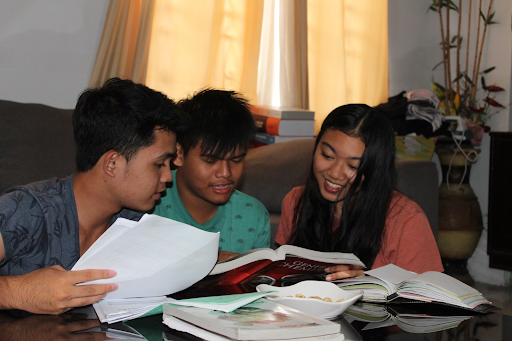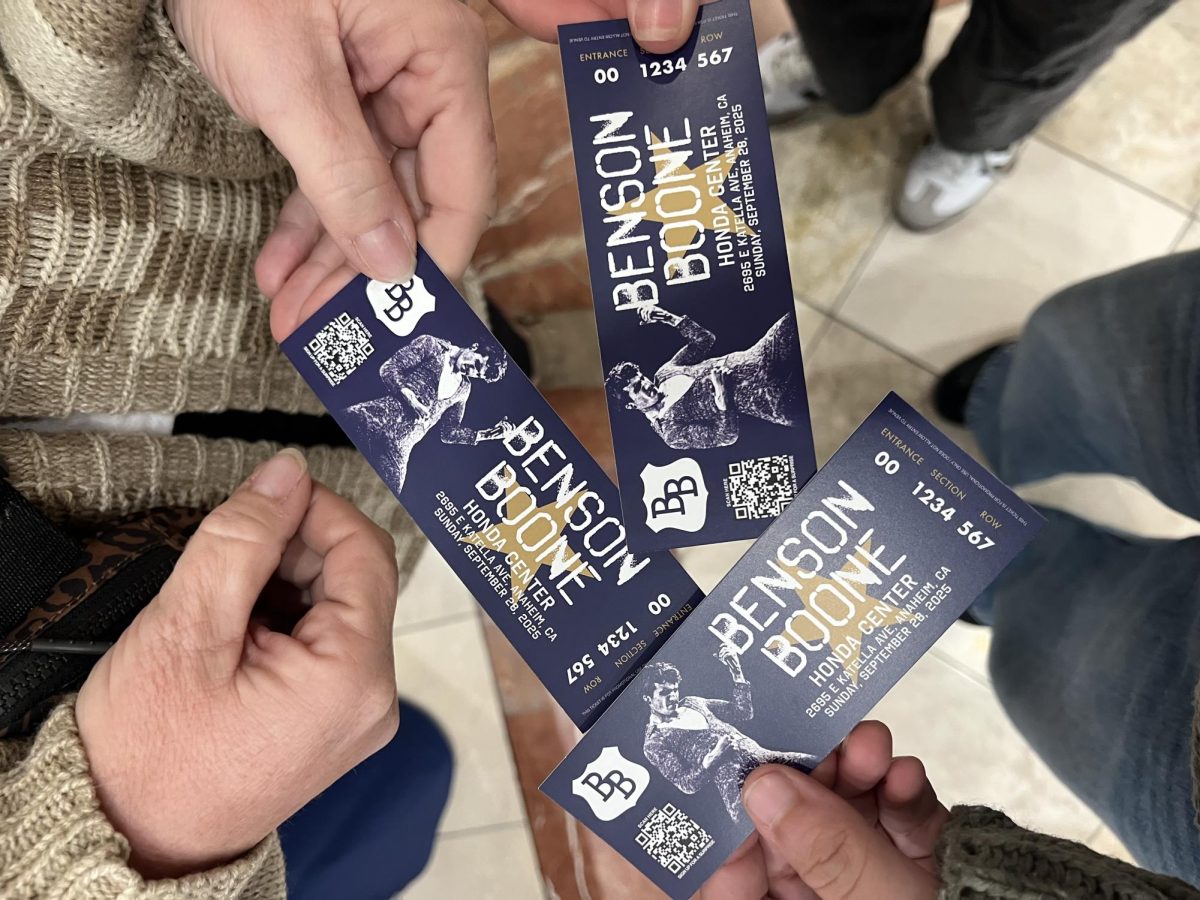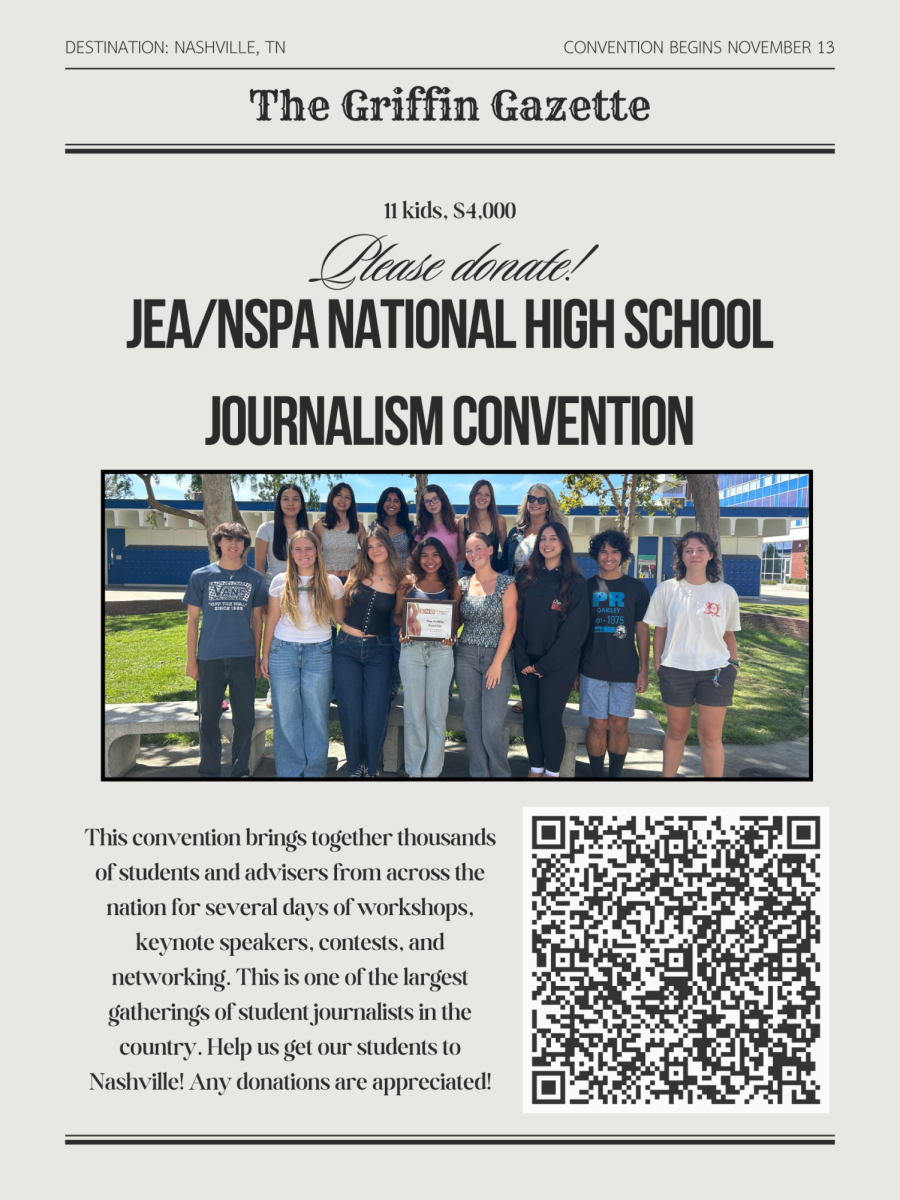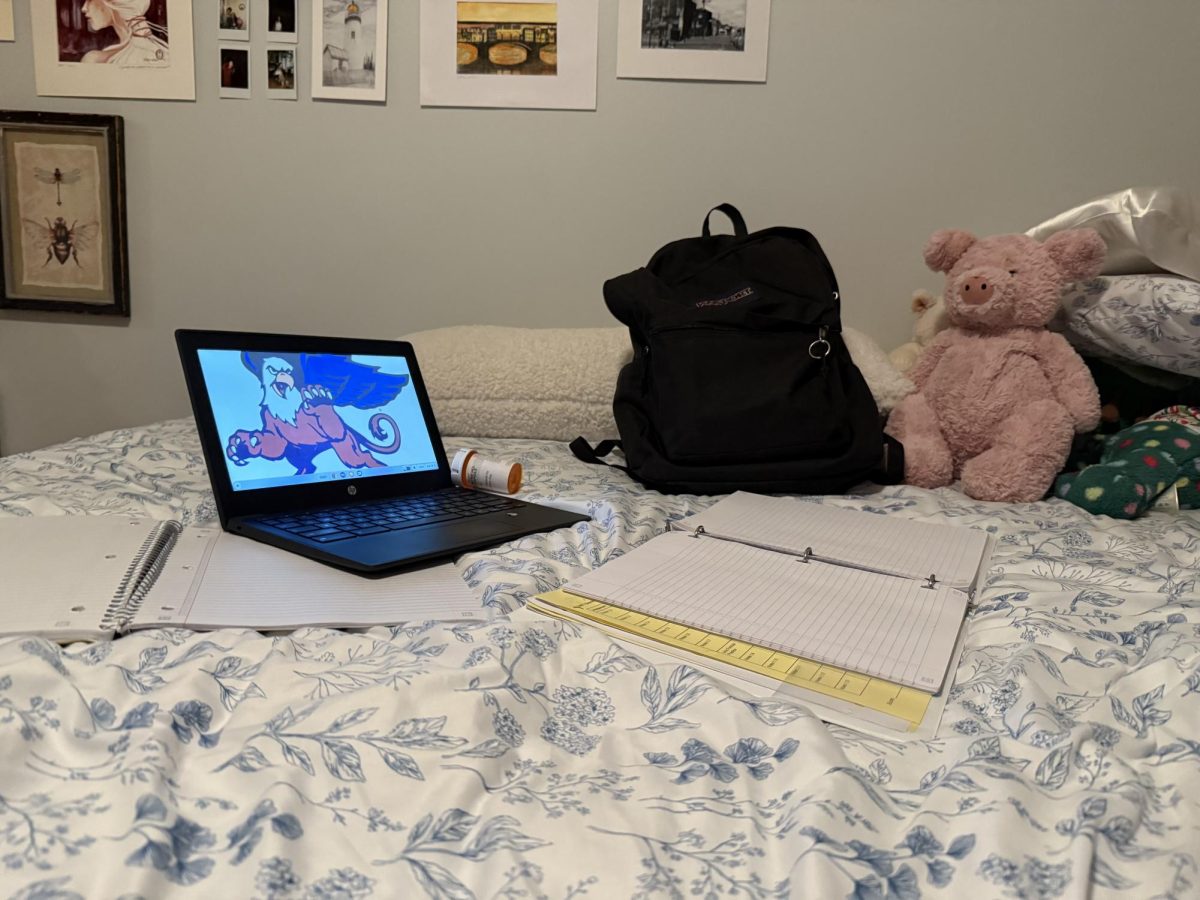LOS ALAMITOS, Calif. – AI is evolving at a rapid pace, and it seems like no one is doing anything about it. AI started by helping us craft homework answers, to now people being able to use it to create fake audio of someone’s voice. This is going to impact everyone greatly and we need to examine the facts, both positive and negative.
AI was once just a dream, but that dream became reality sooner than we thought. Artificial intelligence was first coined in the 1950s by John McCarthy, who developed the first computer language called LISP, or List Processing. This revolutionized everything about AI that we know today. AI is much more than an aide to cheaters on essays. “Artificial intelligence (AI) is technology that enables computers and machines to simulate human learning, comprehension, problem solving, decision making, creativity and autonomy,” Cole Stryker and Eda Kavlakoglu said in their article What is artificial intelligence (AI)?
Negatives of AI
What do you think of when someone says AI? Platforms like ChatGPT or Snapchat AI only scratch the surface of what AI is capable of. Character.ai is a website and app where anyone can create a fictional version of someone like a celebrity crush to have an online conversation with. In theory, this sounds fun and innocent, but cybercriminals can use this helpful tool to blackmail or get personal information from people.
“Voice cloning, also called audio deepfakes, artificially replicates someone’s voice to sound very authentic, including the person’s tone, intonation and pronunciation,” Angela Orebaugh said in her article for the University of Virginia.
To use voice cloning, cybercriminals call a target to get their voice, then they use AI to generate an almost replica of that person’s voice. Cybercriminals then call family members of their target, using the AI-generated voice, to ask for money or personal information.
People can also sell their voice and face for ads and testimonials about products without recording the video themselves. But again, there are people who could use this feature to get this person to campaign for anything.
Positives of AI
AI can still be beneficial for creativity without taking out all the human aspects. For example, grammar corrections can be made much faster with the help of AI. A study conducted by Stanford University found that AI teaches itself principles that show up in many different languages.
“Advanced AI systems can figure out linguistic principles on their own, without first practicing on sentences that humans have labeled for them. It’s much closer to how human children learn languages long before adults teach them grammar or syntax,” Edmund L. Andrews wrote in an article for Stanford.
This language detection can be crucial for people who need quick translation. Google Translate is an aspect of AI that many people already use. If you are traveling somewhere without knowledge of the language, you can ask Google to translate “Where is the bathroom?” to any language, which makes foreign travel much easier.
Grammarly uses a complex AI system that can easily correct a phrase or sentence and detect frequent ignore rates to correct its system. If users repeatedly click ignore on a spelling error like “beacuse,” Grammarly should stop sending an alert to correct that mistake — that is, if no human who knows how to spell “because” is controlling the system.
“When you start using words that you don’t know or ideas that aren’t yours (with AI), you’ve skipped over learning them, and now you’re never going to have that spark that tells you that you understand,” Mr. Gutierrez, an English teacher at Los Alamitos High School, said.
With AI tools available to anyone, it’s easy to cheat on an essay or even a test. But there are now other AI systems that can help detect if someone used AI to write an essay. Turnitin is a popular website English teachers use to turn in writing assignments because it gives the teacher an AI detection rate.
“When I have assignments, I try to make them ChatGPT-proof, or if there’s an essay and they submit it on Turnitin, it will tell you the percentage of AI detection,” Mr. Gutierrez said.
An uncertain future
There are a few things AI can do that experts are not yet sure will help or hinder humanity. Music is one of these uncertain fields. AI can help produce songs, but others think it will take over music production altogether, from autotune to entirely AI-generated song ideas. This can be done without humans ever touching the music.
“The prospect of, say, AI-generated commercial jingles may seem benign, but that earworm is also a paycheck for whoever made it, income that might allow them to pay their rent and develop their talent at the same time,” Adam Clair wrote in a Vox article.
On the other hand, AI recreating physical art is more contested. When AI recreates pieces like the Mona Lisa, it takes references from other human artists to make something unoriginal and sloppy. Fortunately, AI poses no real threat to art, but it still makes sense why artists might think this could be unethical.
Many people think that AI will take over the world, but right now it seems relatively safe while humans still manage AI tools. Even so, AI still makes up a major part of our digital lives. Beware of people who unethically use AI to their advantage and be careful where you get your information!

